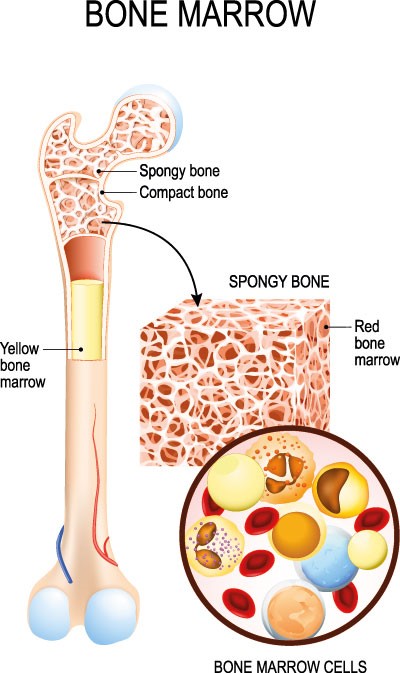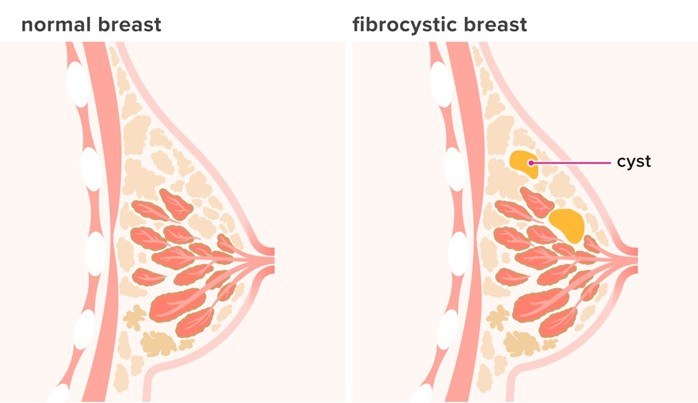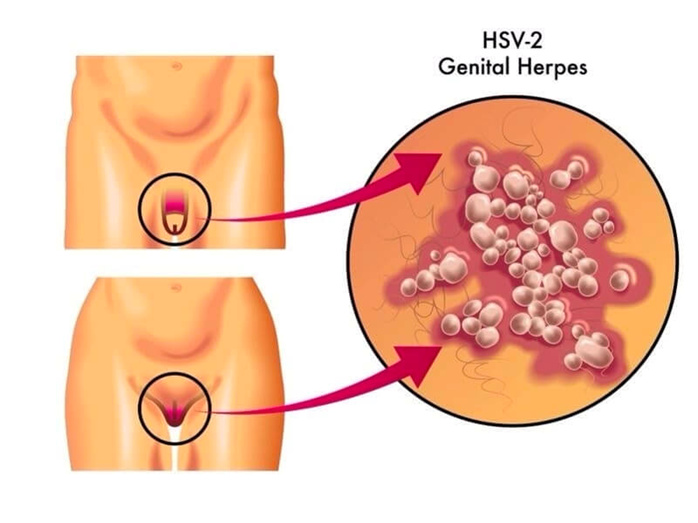A woman with breast cancer is undergoing chemotherapy. Which side effect would the nurse interpret as being most serious?
Vomiting
Fatigue
Hair loss
Myelosuppression
The Correct Answer is D
Choice A: Vomiting is not the most serious side effect because it is a common and manageable side effect of chemotherapy. Vomiting is a reflex action that expels the contents of the stomach through the mouth. It can be caused by various factors such as nausea, motion sickness, or infection. It can also be caused by chemotherapy, which can irritate the lining of the stomach or trigger the vomiting center in the brain. Vomiting can be prevented or treated with antiemetic drugs, hydration, and dietary changes.
Choice B: Fatigue is not the most serious side effect because it is a common and manageable side effect of chemotherapy. Fatigue is a condition that causes extreme tiredness or exhaustion that is not relieved by rest or sleep. It can be caused by various factors such as anemia, inflammation, or pain. It can also be caused by chemotherapy, which can damage healthy cells and tissues and affect the body's energy production. Fatigue can be managed with exercise, nutrition, and stress reduction.
Choice C: Hair loss is not the most serious side effect because it is a common and temporary side effect of chemotherapy. Hair loss is a condition that causes hair to fall out from the scalp or other parts of the body. It can be caused by various factors such as genetics, hormones, or infection. It can also be caused by chemotherapy, which can target rapidly dividing cells such as hair follicles and prevent hair growth. Hair loss usually occurs within two to four weeks after starting chemotherapy and reverses within six months after stopping chemotherapy.
Choice D: Myelosuppression is the most serious side effect because it is a rare and life-threatening side effect of chemotherapy. Myelosuppression is a condition that causes a decrease in the production of blood cells in the bone marrow. It can lead to anemia (low red blood cells), neutropenia (low white blood cells), and thrombocytopenia (low platelets), which can cause symptoms such as weakness, infection, and bleeding. It can also be caused by chemotherapy, which can target rapidly dividing cells such as bone marrow cells and impair blood cell formation. Myelosuppression requires close monitoring and treatment with blood transfusions, growth factors, or antibiotics.

Nursing Test Bank
Naxlex Comprehensive Predictor Exams
Related Questions
Correct Answer is B
Explanation
Choice A: Danazol is not the correct answer because it is a drug that can be used to treat fibrocystic breast disease. Danazol is a synthetic hormone that reduces the production of estrogen and progesterone, which are involved in the development of breast cysts.
Choice B: Penicillin is the correct answer because it is a drug that has no effect on fibrocystic breast disease. Penicillin is an antibiotic that is used to treat bacterial infections, such as strep throat or syphilis. It has no role in the management of fibrocystic breast disease.
Choice C: Bromocriptine is not the correct answer because it is a drug that can be used to treat fibrocystic breast disease. Bromocriptine is a dopamine agonist that inhibits the secretion of prolactin, which is a hormone that stimulates breast tissue growth and milk production.
Choice D: Tamoxifen is not the correct answer because it is a drug that can be used to treat fibrocystic breast disease. Tamoxifen is an anti-estrogen that blocks the action of estrogen on breast cells, which can reduce the size and number of breast cysts.

Correct Answer is D
Explanation
Choice A reason: Increased vaginal discharge is a normal and expected outcome of using a pessary, as it helps to lubricate and cleanse the vagina.
Choice B reason: Urinary tract infection is not a common side effect of using a pessary, as it does not interfere with urination or introduce bacteria into the urinary tract.
Choice C reason: Vaginitis is not a common side effect of using a pessary, as it does not cause inflammation or infection of the vagina. However, the client should maintain good hygiene and use vaginal cream or gel as prescribed to prevent irritation.
Choice D reason: Vaginal ulceration is a serious and possible side effect of using a pessary, as it can cause pressure necrosis and erosion of the vaginal mucosa. The client should report any bleeding, pain, or foul-smelling discharge to the provider and have the pessary removed and replaced regularly.

Whether you are a student looking to ace your exams or a practicing nurse seeking to enhance your expertise , our nursing education contents will empower you with the confidence and competence to make a difference in the lives of patients and become a respected leader in the healthcare field.
Visit Naxlex, invest in your future and unlock endless possibilities with our unparalleled nursing education contents today
Report Wrong Answer on the Current Question
Do you disagree with the answer? If yes, what is your expected answer? Explain.
Kindly be descriptive with the issue you are facing.
